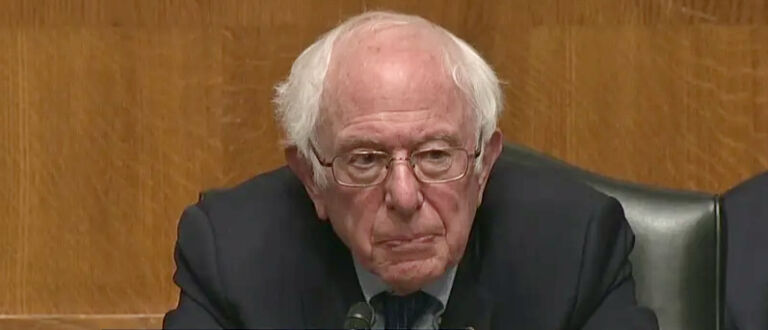A recent article by the Associated Press highlights dental therapists and their benefits:
It can be hard to keep smiles healthy in rural areas, where dentists are few and far between and residents often are poor and lack dental coverage. Efforts to remedy the problem have produced varying degrees of success.
The biggest obstacle? Dentists.
Dozens of countries, such as New Zealand, use “dental therapists” — a step below a dentist, similar to a physician’s assistant or a nurse practitioner — to bring basic dental care to remote areas, often tribal reservations. But in the U.S., dentists and their powerful lobby have battled legislatures for years on the drive to allow therapists to practice.
Therapists can fill teeth, attach temporary crowns, and extract loose or diseased teeth, leaving more complicated procedures like root canals and reconstruction to dentists. But many dentists argue therapists lack the education and experience needed even to pull teeth.
Currently, in North Carolina, there is no license recognition so these professionals could not practice here. But with North Carolina’s extremely rural populace, the introduction of this profession could make a huge difference for those who struggle to find or afford dental care.
Nearly 58 million Americans struggle to afford and make the trip to dental appointments in thousands of communities short on dentists, according to the Kaiser Family Foundation.
One of the biggest benefits of dental therapists, proponents say, is that they can make preventive care easier to get by lightening the load of dentists, whose appointment slots are often stolen by complex procedures.
Even in states where therapists must practice in dental offices, like Minnesota, they can shorten travel times by opening slots for simple procedures closer to home, a small but growing body of evidence shows.
Christy Jo Fogarty, Minnesota’s first licensed advanced dental therapist, said the nonprofit children’s dental care organization she works for saves $40,000 to $50,000 a year by having her on staff instead of an additional dentist — and that’s not including the five other therapists on staff.
Ms. Fogarty recently joined the John Locke Foundation and other partners at a dental therapy event here in Raleigh. Our organization hosted a panel and invited stakeholders to discuss how this profession would benefit North Carolinians. You can watch the panel discussion here and read the report I co-wrote with Jennifer Minjarez of the Texas Public Policy Foundation here.


